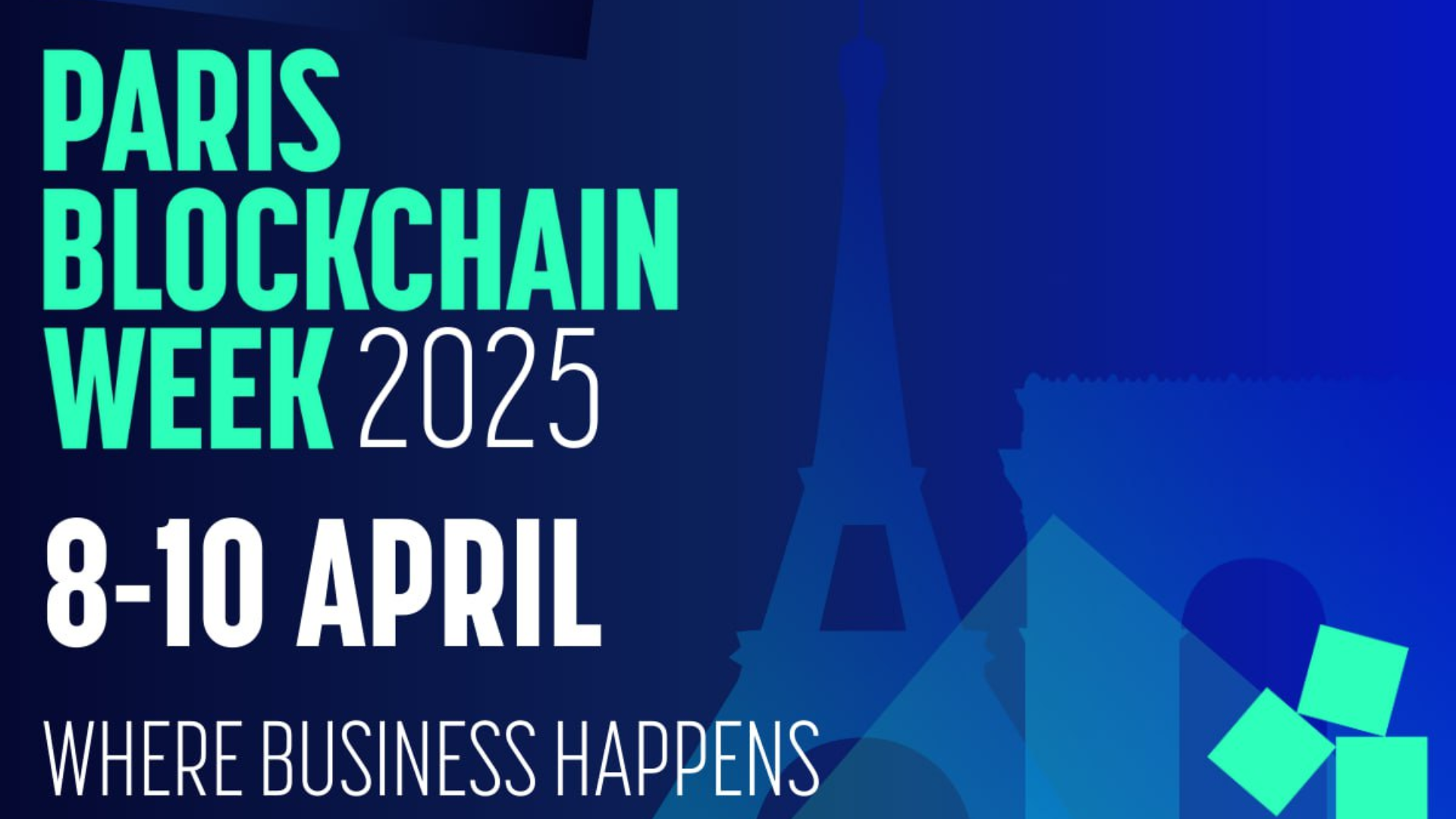
The Future of AI in Recruitment
26th July, 2023 5 minutes
Artificial intelligence is already changing the game for the recruitment industry and is set to continually evolve recruiters' jobs. The industry has outpaced the practices of the mid-1980s, which saw consultants reviewing printed CVs spread across the office floor. Today’s digital databases and machine learning-powered search enable recruiters to parse through thousands of applications in seconds. AI in recruitment drives efficiency and productivity gains across all areas, not just tech resourcing.
According to international consulting powerhouse PwC, artificial intelligence will power $15.7 trillion of economic growth globally by 2030. The technology is here to stay and has already become a big part of a recruitment consultant’s day-to-day duties through LinkedIn Recruiter, which uses advanced algorithms to sift through its database of seven million candidates open to work.
With early adopters of this burgeoning technology sure to gain an advantage over their competition—particularly given the crowded market—AI and machine learning technologies are freeing up consultants’ time to focus on what they do best: bringing talented people together.
This article will explore the AI technologies available for recruiters and how they’re changing the hiring process. We’ll also discuss a few technologies which are on the horizon and promise to disrupt the sector further.
The Different Forms of AI-Enhanced Recruitment Technology
Whilst discussions in 2023 might centre around the powerful possibilities presented by OpenAI’s ChatGPT technology, the recruitment industry has been something of an early adopter of these cutting-edge AI-powered tools.
For several years, consultants have been utilising machine learning algorithms to screen candidate CVs and assess suitability for roles.
Whilst these technologies were initially limited to simply matching certain keywords, advances in the development of AI tools and the vast amount of data available to their programmers have meant that formerly difficult tasks—such as assessing “soft” interpersonal skills, often critical to the hiring process—are becoming more easily automatable. AI in recruitment is now making it possible to automate high-volume tasks such as reviewing CVs, helping to improve time-to-hire and the candidate experience.
Similarly, AI is changing how we reach out to candidates and collect CVs and application information. The growth of AI-empowered programmatic advertising means that job advertisements can be more specifically targeted at relevant audiences, increasing their effectiveness and generating more high-quality leads than traditional advertising campaigns.
Profile augmentation allows jobs to be recommended to candidates based on their career ambitions, not just their current roles. With the digital skills gap starting to bite companies across the entirety of the tech and IT sector, this technology will make it easier to find candidates with the core competencies required for niche fields such as blockchain development, helping to realise their potential.
Various companies are entering the AI-empowered recruitment technology ecosystem, with major players such as Google releasing tools like Interview Warmup, a digital assistant that helps candidates prepare for the interview process. The technology can transcribe candidates’ responses, meaning they can review their answers to common questions and practice various techniques, such as the STAR method, in a low-stakes environment—further improving the quality of candidates that recruiters put forward for roles.
Advanced chatbots are already being used by some recruiters, answering candidates’ questions at all hours of the day. As this technology becomes more advanced, it will be able to analyse and provide recruiters with information on jobseekers' language competencies and highlight any demonstrable emotional and cognitive abilities that can be gleaned through conversation, enabling the detection of the soft skills that can be difficult to assess.
Video interviews are also set to become automated. Candidates will only have to speak to their camera while the machine walks them through relevant questions. These technologies will not only help to save recruiters’ time but may help to eliminate the unconscious bias we all bring into our professional lives. Facial and speech-recognition software can also be used to provide feedback on a candidate’s body language, tone of voice and stress levels during interviews.
Finally, automated and dynamic appointment-setting software will help consultants quickly and easily schedule meetings with candidates without having to assess two sets of calendars—the software will simply suggest the earliest available date that both parties are free and put in place the necessary resources for the meeting, whether that’s spinning up a Microsoft Teams meeting or booking a break-out room for a face-to-face chat.
How is Artificial Intelligence Changing the Recruiting Process
With all of the rapidly evolving technology we set out in the previous section, it’s hard to predict precisely where we’re heading as an industry. Still, according to most analysts, AI in recruitment will help to level the playing field and reduce—if not eliminate—the racial and gender-based biases that humans bring to bear in the hiring process.
According to research carried out by Tractica, revenue generated from the direct and indirect application of AI software for human interaction is estimated to grow to $36.8 billion by 2025, whilst a 2022 report by staffing software providers Bullhorn highlights that recruiters using automation technologies fill an average of 64% more vacancies than their counterparts that do not.
Leaders in the industry consider automation, machine learning, and AI to be key to improving core business efficiency. Despite this, many are worried about these technologies' long-term impact on jobs. A previous Bullhorn report noted that 41% of respondents feared AI and machine learning technologies would lead to job losses within the recruitment sector. Still, it appears that these worries—although important to raise—may be unfounded.
AI in recruitment will enable senior consultants to spend more time on business development activities and winning new contracts, whilst junior recruiters will be able to spend time working closely with candidates and clients, which will help them to build that integral skill set. Although AI-powered recruitment technology will mean that consultants must change their approach to the hiring process, new roles will likely be created to respond to the increase in available candidate data.
Matthew Ferdenzi, Chief Operating Officer at Acceler8 Talent, has commented on these burgeoning technologies, noting the following:
“We’re already seeing the huge potential AI has to disrupt industries across the board. Over the coming years, we expect the demand for specialist talent to continue to increase.
We already have a specialist AI and machine learning team based in the UK, and our office in Boston specialises exclusively in recruiting for roles utilising AI/ML technologies.”
Future Machine Learning Projects that Will Empower Recruiters
Despite machine learning having been an area of research since around 1952, recent years have seen the complexity and adoption of the technology increase rapidly. Whilst these technologies won’t replace recruiters, new consultants must be familiar with the tools that machine learning and AI in recruitment present. Instead of a threat, AI/ML technologies present recruiters with digital assistants that will make the hiring process more sophisticated.
One upcoming development with many business leaders in the recruiting space is that of low or no-code recruitment prediction using machine learning technology. With the cost of bad hiring decisions rising by the day, it’s more important than ever that consultants are able to ensure the right talent is connected with the right role.
Through access to data, recruitment consultants will be able to better ascertain the likelihood that a candidate will be a good match for a position.
Metrics such as the length of time that a jobseeker was in their previous role, their core competencies and additional skills, as well as their long-term career ambitions and any information fed back by their referees, can all be numerically represented—such as through a mutual information score—and passed into a machine learning model, which can then allow consultants to build models which will narrow down the potentially massive candidate pools for the most competitive roles.
The low or no-code aspect of these machine learning projects means that recruiters will not need to learn a specialised language to interact with these models and produce dynamic, actionable data—something which the consultants out there will be glad to hear, given how busy they often find themselves.
A modern recruiter needs to be knowledgeable, with an in-depth understanding of the industry and an expansive network. The expansion of AI in recruitment will free up their time to put the human element at the heart of the hiring process. Time saved by automating mundane and time-consuming tasks can instead be spent competing for candidates and focusing on connecting with companies offering the most cutting-edge and exciting roles.
Of course, AI in recruitment could lead to the loss of admin-heavy jobs, but new roles will be created to champion and utilise these technologies. Overall, the benefits of automation, AI and machine learning outweigh the risks, helping recruiters to enhance their efficiency, productivity, and customer service.
Discover Leading Careers in Tech with Understanding Recruitment
At Understanding Recruitment, we recognise that artificial intelligence and machine learning technologies are revolutionising the tech and IT landscape, with new, complex roles being created daily. That’s why our consultants are dedicated to discovering and delivering talent by supporting candidates throughout the entire hiring process, from application to onboarding. So contact us to discuss your skills, experience, and long-term career ambitions today.


